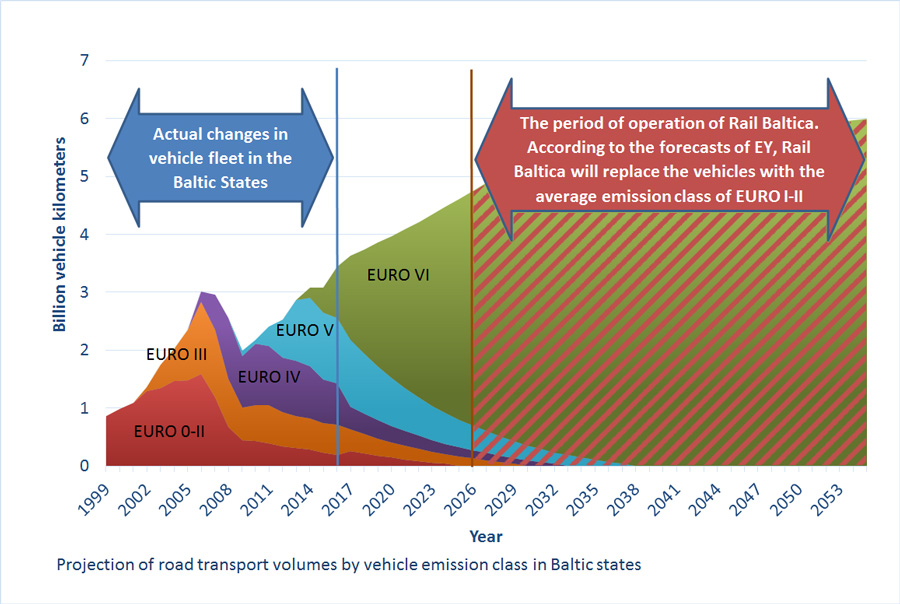Avalikult Rail Balticust

- Rail Balticust
- Avalik arutelu
-
Meedia
- Video
- Täna avalikustame põhjaliku analüüsi tasuvusuuringu vigadest. Pressikonverents algusega kell 12. Otseülekanne Delfis.
- Rail Balticu tasuvusanalüüs hinnati kolm miljardit paremaks
- Analüüs: Rail Baltic on muutunud liiga kalliks projektiks
- Karli Lambot: Rail Balticu tasuvusuuringust paljastunud nelja miljardi eurone auk on ikka lappimata
- Mati Hint: Miks ma ei usu Rail Balticusse
- GRAAFIK | Miks on Rail Balticu projekt nii raskesti hoomatav?
- Enamus Rail Baltica maadest loovutatakse ilma rahata
- Rail Balticu jaoks vajalikud omavalitsused ootavad riigilt teeremonti
- Valitsus toetas Rail Balticu aluse maa ostmise lihtsustamist
- Politsei uurib RB Raili tegevjuhi väiteid projekti sekkumise kohta
- Rubesa ERR-ile: Brüsselis juba küsitakse, kas tahame Rail Balticut plaanitud kujul
- Rail Baltic on silmitsi järjekordse katsumusega
- Rail Balticu kommunikatsioonihanke võitsid Balti ühispakkujad
- Leedu: Rubesa sõnavõtud kahjustavad Rail Balticu projekti stabiilsust
- Piirinaabrid üritavad kohtus topata sajandi ettevõtmist
- Euroopa Komisjon ähvardab: kui Balti riigid koostööd teha ei suuda, võivad nad Rail Balticu toetusrahast ilma jääda
- Priit Humal: oleks aeg tunnistada Rail Balticu projekti nurjumist
- Allikad: RB Raili aktsionärid umbusaldasid ettevõtte juhti
- Kuulutati välja hange Rail Baltica lähedale jäävate metsiste elupaikade kaitsmiseks
- Tallinna linnriik – kuidas sellest hoiduda. Mart Hiob
- Avalikult Rail Balticust avalikustab RB Muuga terminali uuringu
- Mihkel Kangur ja Priit Humal: Rail Balticu raudteeprojekt muutub üha kallimaks
- Boeingu ja Rail Balticu näide: kui raha seljatab teaduslikkuse ja sõltumatu kontrolli
- Kontakt ja tagasiside
- Ühingust
- Kohtuasjad


